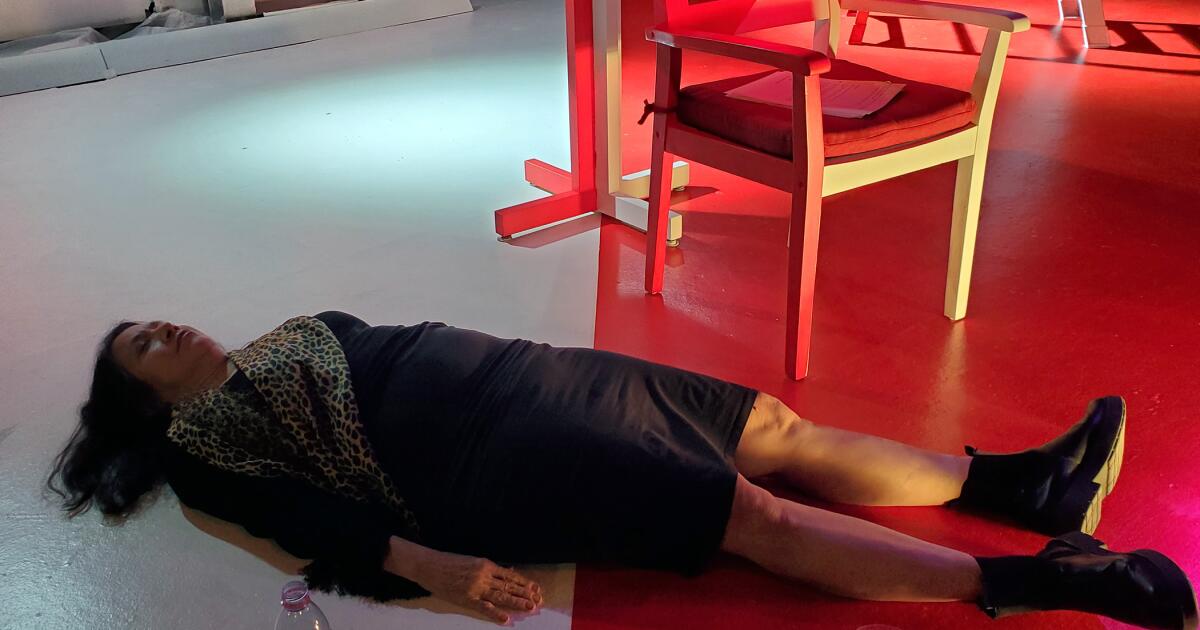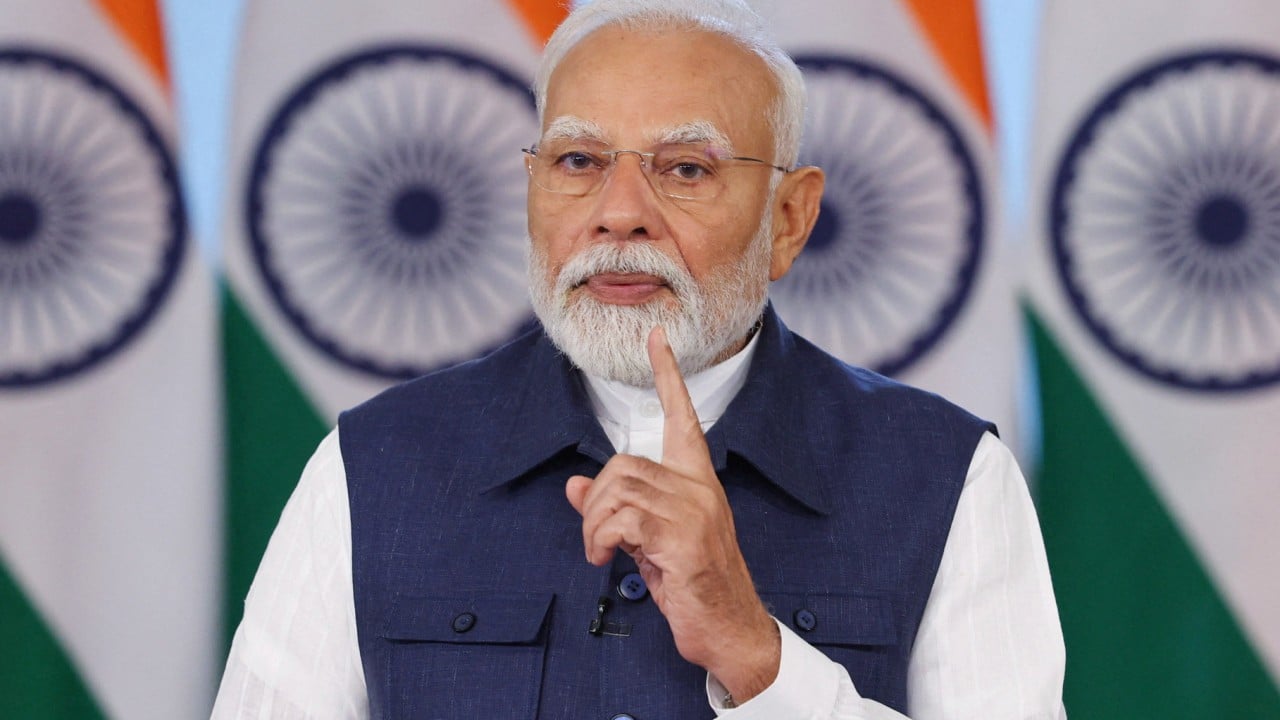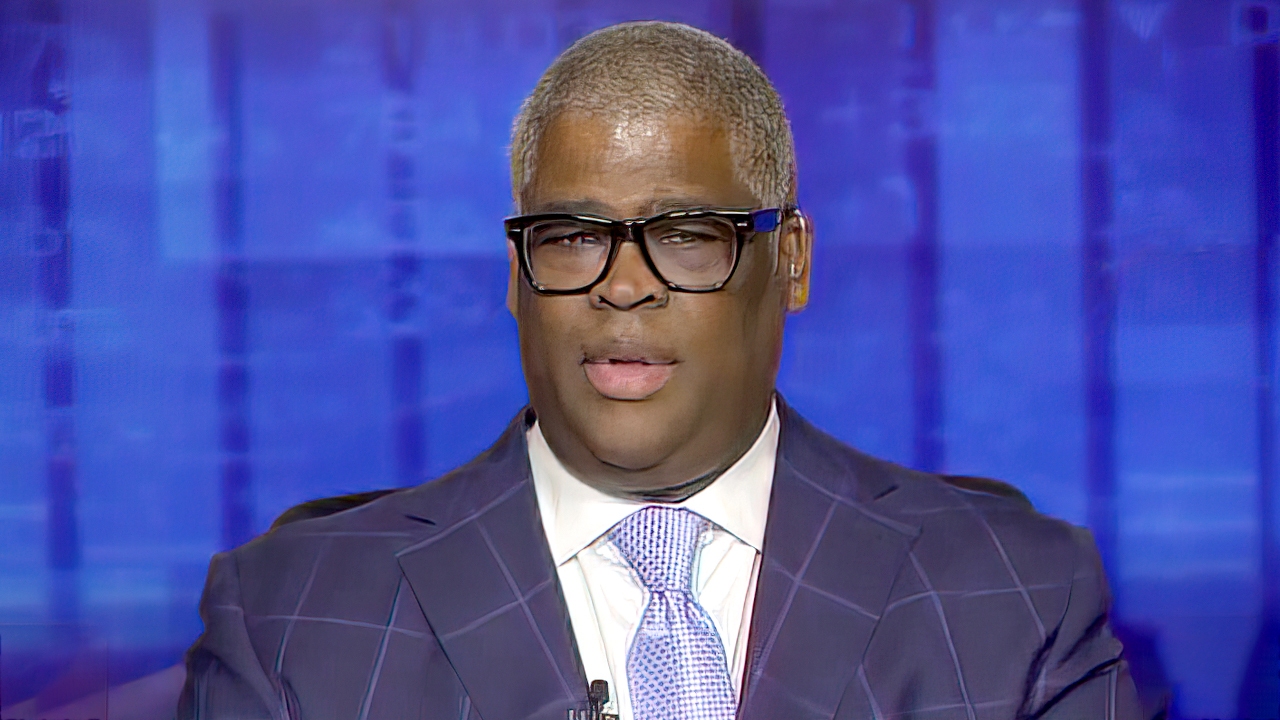Retirement Is the New Resistance
The Democrats waging war on their gerontocracy

Earlier this year, Gary Peters made a decision that’s utterly ordinary for most 66-year-olds: He was going to retire. Except Peters happens to be a United States senator, so his announcement that he would not seek a third term next year came as a shock. “Oh, but you’re so young!” constituents told him, the Michigan Democrat recalled. Two weeks later, Senator Tina Smith of Minnesota said that she, too, would forgo a reelection bid next year, when she’ll be 68. She got the same reaction. “Only in the Senate can you be a 68-year-old grandma and still be considered fresh blood,” Smith told me with a laugh.
When a swing-state member hangs it up in their senatorial prime—the chamber’s median age is nearly 65—parties typically react with disappointment, even panic; open seats are harder to defend, after all, and early departures are treated as a vote of no confidence. But many in the party have greeted the recent wave of retirements with an unusual response: appreciation and relief.
Smith told me people have been stopping her in airports to thank her for leaving: I love the example you’re setting, they’ve told her. She has welcomed the gratitude, but it underscores a troubling dynamic for her party: Many Democrats can’t wait for their leaders to step aside.
[Read: Democrats wonder where their leaders are]
Across the country, Democrats have spent the past few months bickering over how to respond to President Donald Trump’s second-term power grabs and to win back the voters who defected or stayed home last fall. They don’t seem to be making much progress. Even as the president’s popularity has dropped, so has theirs: Two recent polls found the party’s favorability rating at record lows. “The relationship that we have with voters we considered our base is not nearly as strong as we thought it was,” Smith told me. “It’s like a bad marriage.”
Most Democrats blame their party’s message. But many progressives believe the bigger problem is its old and out-of-touch messengers, and they have become more aggressive about pushing senior lawmakers to do what Joe Biden did not—quit while they’re ahead, or at least still with it.
Those progressives have gotten some good news this year. In addition to Peters and Smith, two more Senate Democrats—Jeanne Shaheen of New Hampshire, 78, and Dick Durbin of Illinois, 80—have announced plans to leave after next year. “I think this is an opportunity for full change across the Democratic Party,” Amanda Litman, the president and a co-founder of Run for Something, a group that encourages and trains first-time candidates, told me. “Part of the way we change people’s opinion about the Democratic Party is to change the people who run as Democrats.”
Litman has called for every Democrat in Congress over the age of 70 to “make this their last term.” She told me that Biden’s failure to step aside sooner set the stage for the party’s current struggles. “That really harmed the Democratic Party’s brand,” she said. “He couldn’t sell the good stuff he was doing.”
The Democrats’ age problem hasn’t been limited to Biden. In California, Senator Dianne Feinstein ran for a sixth term at 85 and visibly declined after her reelection; she resisted growing calls to step down and died in office in 2023. Five House Democrats have died during their tenures in the past 13 months. And the party’s ranking member on the Oversight Committee, Representative Gerry Connolly of Virginia, recently announced he would step away from the post just a few months after winning it because of a cancer recurrence. Republicans have their issues, too. Trump, who is 78, surpassed Biden as the oldest person ever elected to the presidency, and last year a Texas publication discovered that the state’s longest-serving GOP House member, Representative Kay Granger, was living in an assisted-living facility and had dementia. She had been chair of the House Appropriations Committee only months earlier.
Last month, a group founded by David Hogg, the Democratic National Committee’s newly elected vice chair, announced plans to spend $20 million backing primary challengers against “out-of-touch, ineffective” Democrats. The effort has exasperated many in the party, who worry that Hogg will risk its chance to recapture the House majority next year by targeting incumbents in competitive districts. He’s promised not to. He also says the initiative isn’t strictly about age. “Some of the people that we’re looking at are older. But unfortunately, sucking is not something that is limited to just people that are above a certain age,” Hogg told me. “It’s not as simple as saying, Oh, you’re above 70, you need to leave.”
The party’s most vigorous octogenarian, Senator Bernie Sanders of Vermont, has been drawing huge crowds at rallies alongside Representative Alexandria Ocasio-Cortez. Hogg and Litman praised Sanders for confronting Trump, and last week Run for Something announced that it’s partnering with him to recruit young progressive candidates. But even Litman said that “people should have been angrier” at his decision to run for reelection to the Senate last year.
[Conor Friedersdorf: A retiring congressman’s advice to new members of the House]
As Hogg sees it, Democrats’ main issue is a shortage of passion. “Across the board, we need to do more to show people how we’re fighting back,” he told me, assessing the Democrats’ first 100-plus days in Trump’s opposition. “Our energy is lacking. I don’t think that we have anywhere near the same energy that we had after 2016. A lot of people feel burnt out, and far too many members of Congress are failing to meet this moment.”
So far, Hogg has been much more specific about the Democrats he isn’t targeting than those he is. (A trio of octogenarian former House leaders, for example, will be spared: Nancy Pelosi, Steny Hoyer, and Jim Clyburn.) That’s all part of the strategy; Hogg wants to induce certain older incumbents to vacate seats on their own. “We’re waiting to see who retires,” he said. “Ideally, we would not have to go against any Dems. However, I think it’s become abundantly clear that that is going to be necessary.”
The Democratic Party has relied on seniority to allocate top jobs to its members much more than Republicans have. For nonwhite Democrats in particular, longevity in office has historically been the only way to accrue power, and members of the Congressional Black Caucus have been some of the seniority system’s biggest defenders. Senior lawmakers, especially those in electorally safe seats, occasionally speak as if they view Congress as a lifetime appointment. “What do you want—me to give up my life?” Clyburn asked a reporter for The Wall Street Journal recently when the topic of retirement came up.
Peters and Smith attributed their decision to personal reasons rather than the push for generational change within the party. “When you’re 68, you think about the next 10 years of your life differently than if you’re 58 or 48 or 38,” Smith said. Yet both Democrats acknowledged that they were leery of sticking around too long. “I have never felt that these jobs should be a place where you just camp out,” Smith said.
Litman has celebrated the retirement announcements of older Democrats and encouraged others to follow their lead. “They’re getting the message,” she said of the four senators who are forgoing reelection so far. Not everyone has. In the Senate, two Democrats in their mid-70s—Jack Reed of Rhode Island and John Hickenlooper of Colorado—have announced they’re seeking new six-year terms. So has 78-year-old Senator Ed Markey of Massachusetts.
In the House, Connolly and 80-year-old Jan Schakowsky, an Illinois progressive, have announced their retirements. But too many other Democrats, Litman said, remain stuck in their ways. Last week, AOC said she would not make another bid for the top spot on the Oversight Committee. (Connolly had defeated her last fall and is now backing a 70-year-old representative as his replacement.) The 35-year-old AOC said it was clear “the underlying dynamics in the caucus have not shifted” on seniority. “It is so deeply disappointing,” Litman told me. “There is so much freedom if you decide the way we did things yesterday does not have to be the way we do things tomorrow.”
What's Your Reaction?




















































































